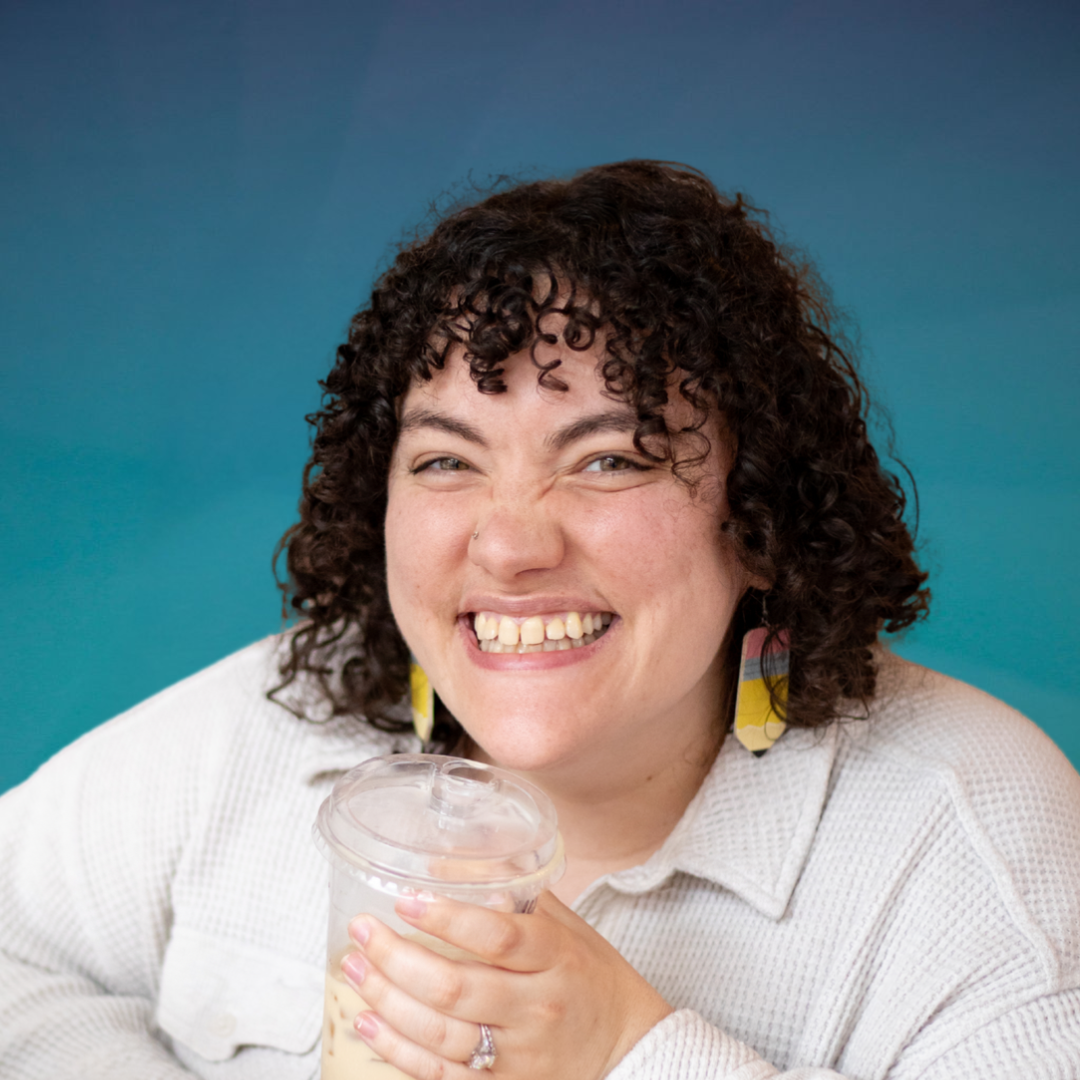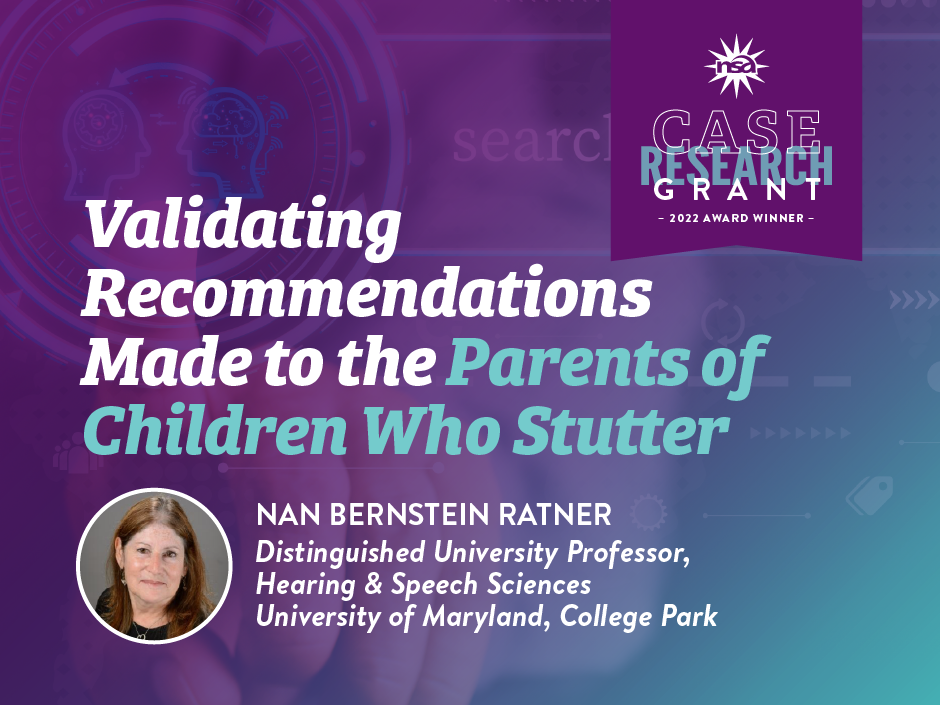Matthew’s Stuttering Journey Told Through Folk Music
- Lexi Hewitt

- Sep 19, 2025
- 4 min read
Updated: Sep 22, 2025

For many people who stutter, putting thoughts into spoken words isn’t always easy.. When words feel stuck or hard to say, creativity can step in to fill the gap. Art, music, writing, and other forms of expression are powerful tools for communicating what can be difficult to express out loud.
Within the National Stuttering Association (NSA) community, we’ve seen an incredible amount of creativity blossom from this space! We love discovering artists who use their craft to share their stories in bold and beautiful ways.
Today, we’re excited to introduce Matthew DeChant, a person who stutters and a folk musician from Wisconsin. In the interview below, Matthew talks about his experiences with stuttering and how music has helped him express himself and connect with others.
Note: This interview has been lightly edited for clarity and brevity.
Lexi Hewitt: Matthew, thank you for joining us today. Could you tell us about your background, who you are, and what type of musician you are?
Matthew DeChant: I have stuttered for as long as I can remember. I first found out about the NSA when I was around 7 or 8. My parents took me to several stuttering support groups, including my first Annual Conference in 2012, when I was around 10. It was such a wonderful experience.
Up until that point, every time I spoke, it felt like it was filtered through the lens of my stuttering and how I felt about stuttering. When I attended the Conference and was around people who stutter for the first time, I was able to communicate without worrying about stuttering. That was a formative experience for me.
Around that same time, I started getting into music. I first started in middle school band, and I enjoyed it. I started taking it further outside of school. Attending more NSA Conferences helped me become more confident in my speaking abilities, regardless of who I was at that moment. That started being incorporated into my music, and it helped me become more confident as a performer.
Performing is more than a single performance on the stage; it’s what happens off-stage, too. I struggled with communicating and connecting with my audiences in real life. My involvement with the NSA has given me a lot of confidence in communicating, regardless of my fluency on stage. [The audience] notices my confidence, which provides them with a better listening experience.
LH: I love how the NSA helped you feel more confident as a person in general and as a performer. I can relate to that. So, thinking of previous NSA Conferences that you've been a part of, do you have any workshops that have helped foster this confidence? Any bright spots that come to mind?
MD: The most helpful experiences and enjoyable moments at the NSA Conferences have been outside the workshops. It's socializing with other people and learning about everything people can do alongside their stutter.
LH: I agree. I’ve attended a few conferences, and each time, I'm amazed to meet people from all walks of life, including lawyers, teachers, and more. People often assume that individuals who stutter are not suited for front-facing roles, but we deserve to be here just like anyone else, regardless of our speech.
You shared that you recently moved. Did your move have anything to do with your music career, or are you just a traveling kind of guy?
MD: I am a “traveling kind of guy,” as you put it. I had spent the last two years working in my city, which I enjoy. But I was still feeling very stuck. Before, I had been in my hometown in Wisconsin for six years. I just had this very intense desire to travel more, see the world, have more experiences, and push myself more than I had before. After completing my job, I packed up and spent a month working on a sheep farm in Nova Scotia, Canada. I am now working as a backhand on a sailing ship in Massachusetts.
LH: It’s great that you felt the urge to explore and have new experiences. What has been your favorite place that you've visited so far?
MD: Halifax in Nova Scotia has probably been my favorite city to visit. I’m into boats and maritime history. And there's so much maritime naval history in Halifax. There are just so many cool musicians and artists in that city. It has a cool, bustling and modern vibe, yet it never forgets its maritime past. That was a cool place to explore and experience.
LH: Halifax sounds amazing, combining two of your favorite interests in such a unique way. Going back to your music career, how would you describe your music/musical persona?
MD: It started in high school and I went to college for music. In college, I discovered folk music, which has since become my primary genre of work. I still do a bit of classical and jazz stuff on the side, but right now it's mostly folk music. And within folk music, I enjoy the stuff that takes the really old traditional songs and interprets them in a very modern context with modern sounds.
Please give Matthew some love! You can find his music below.:
YouTube: youtube.com/@matthewdechantmusic
Bandcamp: matthewdechant.bandcamp.com
Instagram: instagram.com/matthewdechantmusic
Available on any streaming service (except Spotify).




Comments